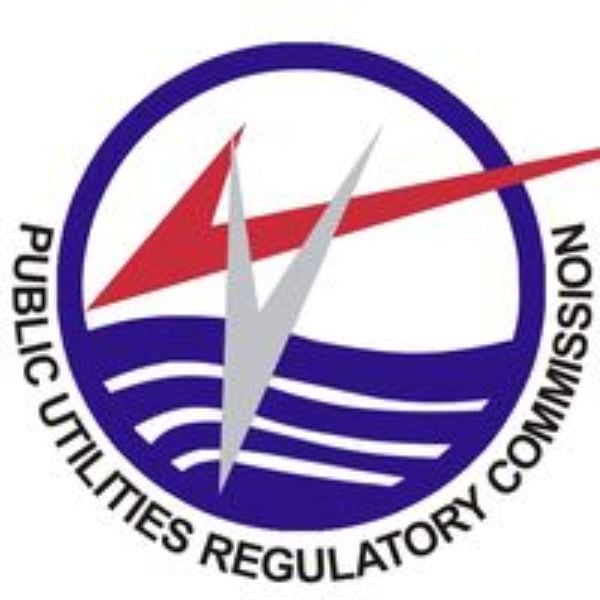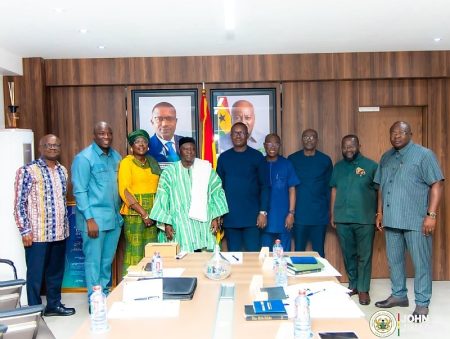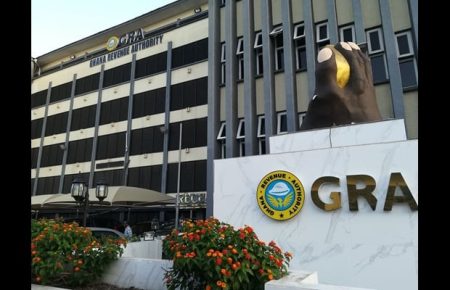The recent 2.45% electricity tariff increase announced by the Public Utilities Regulatory Commission (PURC) has sparked significant concern among Ghana’s business community, casting a shadow over the government’s ambitious 24-Hour Economy initiative. The PURC justified the increment, citing the prevailing economic headwinds, including exchange rate depreciation, inflationary pressures, escalating fuel costs, and rising operational expenditures. However, industry leaders see the timing of the tariff hike as problematic and potentially counterproductive to the very goals the 24-Hour Economy initiative aims to achieve.
The Association of Ghana Industries (AGI) has voiced its apprehension, arguing that the increased energy costs will disproportionately burden businesses operating extended hours, thereby undermining the viability of a 24-hour operational model. Tsonam Akpeloo, AGI’s Greater Accra Regional Chairman, explained that while a 2.5% increase might appear marginal under normal circumstances, the actual impact on businesses operating around the clock will be substantially higher due to increased electricity consumption. He cautioned that businesses operating through the night could see their energy bills effectively double, making the extended operational hours financially unsustainable.
The Ghana Union of Traders Association (GUTA) has echoed AGI’s concerns, warning that the tariff hike will create a ripple effect across various sectors of the economy, leading to widespread price increases. GUTA President Dr. Joseph Obeng pointed to the recent tax increase on plastic manufacturers as a precursor to the kind of price hikes that are likely to follow the electricity tariff adjustment. He emphasized the direct correlation between operational costs and product pricing, stating that increased operational costs inevitably translate into higher prices for consumers.
The crux of the issue lies in the potential conflict between the government’s vision for a 24-hour economy and the rising cost of energy, a critical input for businesses. The 24-Hour Economy initiative, a flagship program of the National Democratic Congress (NDC), aims to boost economic activity by promoting round-the-clock operations across various sectors, from manufacturing and health to retail and transportation. The policy’s proponents argue that it will create jobs, improve service delivery, and stimulate sustainable economic growth. However, with energy costs on an upward trajectory, industry stakeholders fear that the initiative could backfire, making extended operations financially unsustainable for many businesses.
The concerns raised by AGI and GUTA underscore the need for a comprehensive assessment of the broader economic ramifications of rising utility costs, particularly in the context of the new national productivity goals envisioned by the 24-Hour Economy initiative. The government must consider implementing supportive measures to mitigate the impact of the tariff hike on businesses, particularly those expected to operate extended hours. Without such interventions, the vision of a thriving 24-hour economy could remain elusive, hampered by the escalating costs of doing business.
The situation presents a complex challenge for policymakers. Balancing the need to address economic pressures with the desire to stimulate economic growth through extended business operations requires a nuanced approach. A failure to address the concerns of the business community could lead to widespread price increases, reduced competitiveness, and ultimately, a dampening effect on the very economic activity the 24-Hour Economy initiative seeks to foster. Therefore, it is imperative for the government to engage in a meaningful dialogue with industry stakeholders to identify and implement sustainable solutions that will enable businesses to thrive in a 24-hour operational environment.














